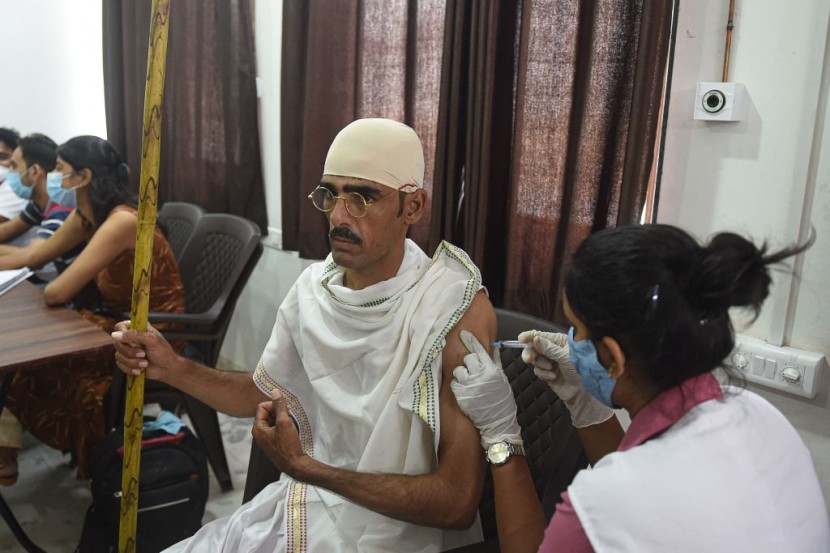
India will continue to export vaccines to neighboring countries starting October.
According to CNN, India is one of the world's biggest vaccine makers. And the country was able to donate or sell 66 million doses to nearly 100 countries before the export halt in April.
Earlier this year, India decided to focus on producing vaccines for its population following a sudden rise in COVID-19 cases.
Since then, the country's monthly vaccine output has doubled, and their vaccines are expected to quadruple to over 300 million doses next month.
There are also predictions that the total production of vaccines in India could reach 1 billion in the last quarter of the year.
India has also made it its goal to fully vaccinate all 944 million adults in the country by December. As of late, 64 percent of Indian adults have already received their first dose, and 22 percent have already received two doses.
India vows to help to produce more vaccines to help the world
This week, Prime Minister Narendra Modi visited Washington for a summit on the Quad leaders, and one of the issues they will discuss would have to do with vaccine exportations.
Health Minister Mansukh Mandaviya also vowed to help the world by producing more vaccines. "We will help the world, and through Covax we will also fulfill our responsibility," Mandaviya said in an article on the BBC.
COVID-19 cases in India on the rise
According to The Indian Express, there are still a lot of active COVID-19 cases in the country. In fact, 26,115 fresh new cases were recorded on Tuesday, Sept. 21 alone.
There have been 33.5 million COVID-19 cases in India since the pandemic started last year, and 445,000 deaths have been reported.
Earlier this week, 31,473 new cases were reported together with 320 deaths.
Travelers with Indian-manufactured Oxford/AstraZeneca vaccine required to undergo PCR test
Meanwhile, the United Kingdom government is urged to review their COVID-19 vaccine protocol after their updated rules failed to recognize Indian vaccines.
Starting Oct. 4, the United Kingdom will also scrape its current traffic light system that lists red, amber, and green countries based on the number of COVID-19 cases. However, this will be scrapped next month, and only one red list will be maintained.
India was initially part of the country's amber list, but with the new listing in place, they should no longer be required to take a PCR test. However, England has not recognized the Indian-produced vaccines, which means visitors who received this type of jab will still be required to take PCR tests.
According to Business Standard, Indian students feel this is a discriminatory move because they get different treatments than their counterparts. Some Indians have also decided to cancel their flight to the UK in retaliation for the offensive rules.
However, the UK government's Department of Health and Social Care (DHSC) maintains that the India-made version of the Oxford/AstraZeneca vaccine is the only one eligible for entry into the country.
Related Article : Persons Inoculated With AstraZeneca Manufactured In India Banned To Travel In Other European Countries








